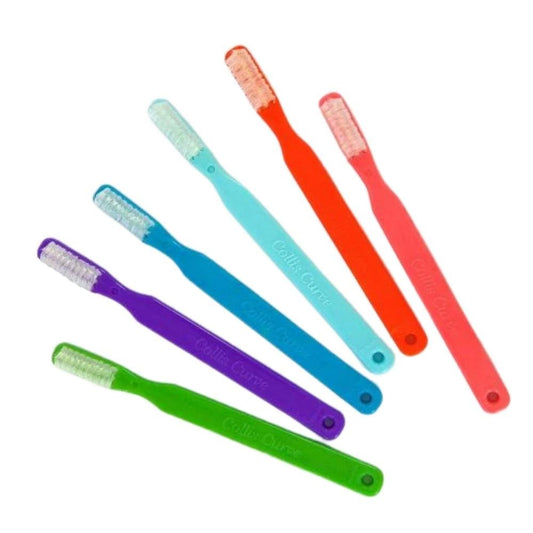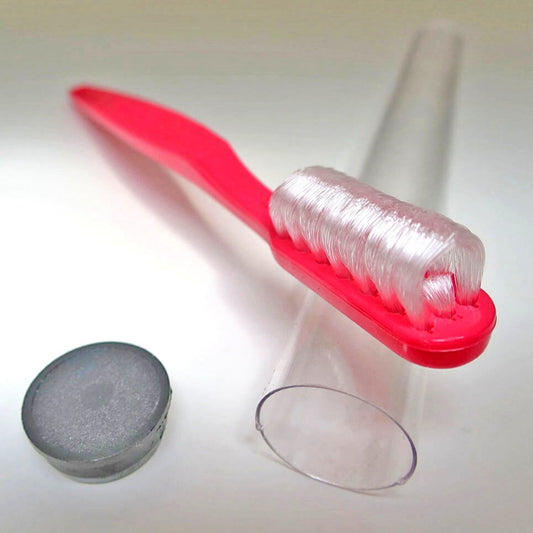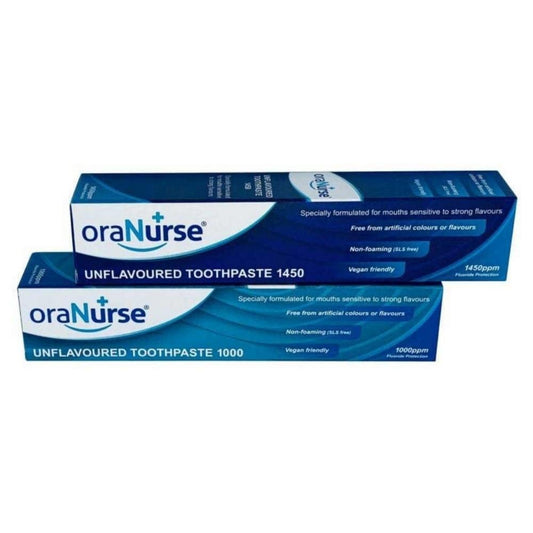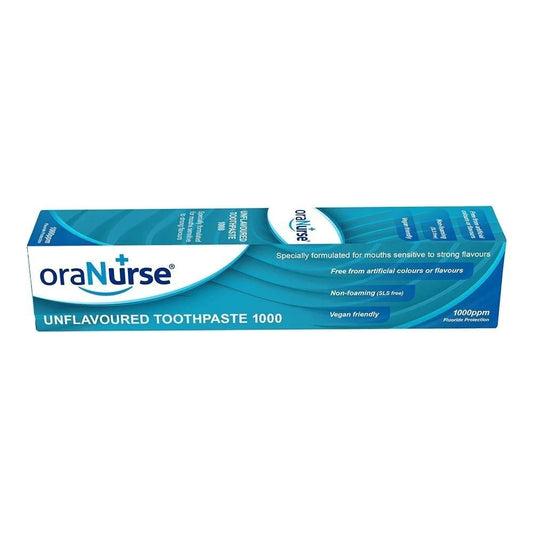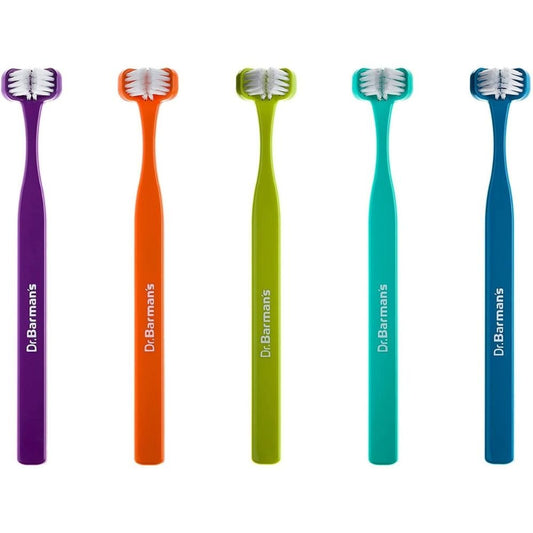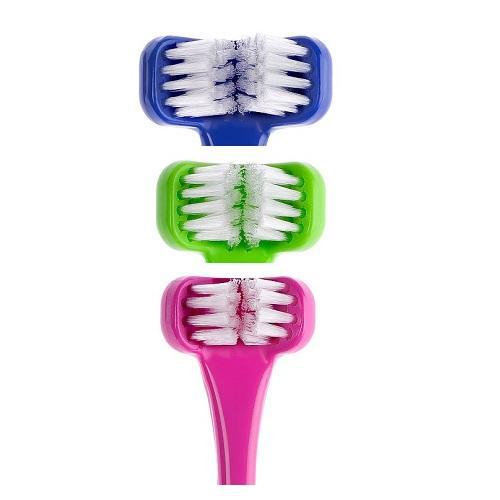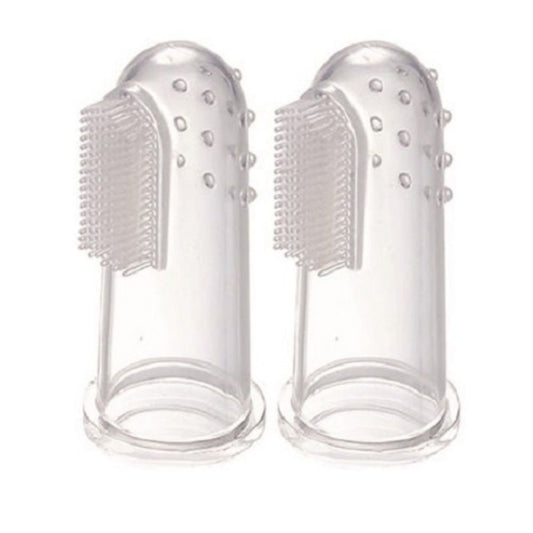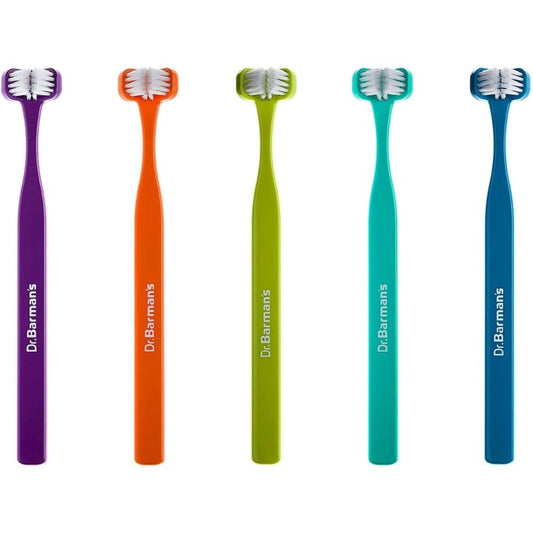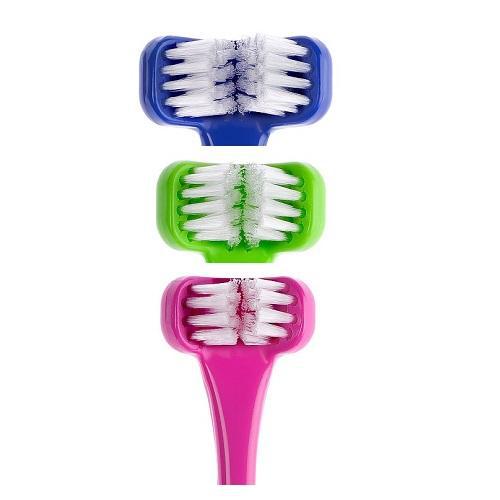Casgliad: Oral Care
We find that many children with sensitive needs find traditional toothbrushes and flavoured toothpaste challenging. We offer specialist toothbrushes and unflavoured toothpaste to help make this process much less stressful.
Challenges with Oral Care
Many individuals with autism may have difficulty with oral care, including tooth brushing and flossing. Sensory issues can make it challenging to tolerate the sensation of toothbrush bristles, toothpaste, or floss in the mouth. Additionally, difficulties with fine motor skills can make it challenging to manipulate a toothbrush or floss correctly. Poor oral hygiene can lead to dental problems such as cavities, gum disease, and bad breath.
Strategies to Improve Oral Care
There are several strategies that can be used to improve oral care in individuals with SEN
Use sensory-friendly oral care products
Use toothbrushes with soft bristles and sensory-friendly toothpaste with mild flavours or without flavourings. Dental flossers with handles can be easier to manipulate.
Gradual exposure
Gradually introduce oral care activities to individuals with autism. Start with short sessions and gradually increase the time spent brushing and flossing.
Sensory diets
Develop a sensory diet that incorporates a variety of textures and tastes to help individuals with autism become more comfortable with different foods and textures.
Professional assistance
Seek assistance from a speech therapist or occupational therapist who can develop a personalized plan to improve oral care..
In summary, individuals with autism may experience challenges with oral care and chewing. Sensory issues and motor skills difficulties can make it challenging to brush teeth, floss, and chew food. However, with the right strategies and professional support, individuals with autism can improve their oral care and chewing skills, leading to improved overall health and well-being. Visit our Chewing collection for specific products.

